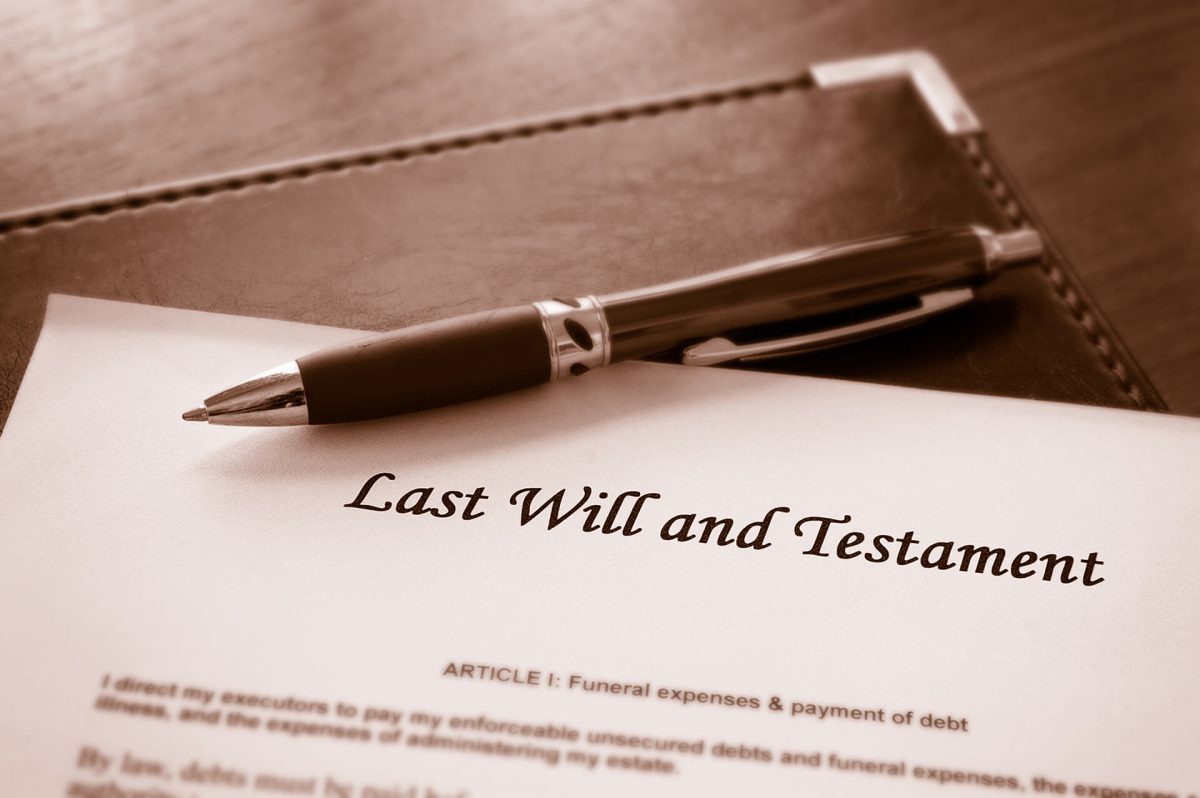Escrow accounts in Thailand play a critical role in real estate and business transactions, ensuring security and transparency for both parties involved. These accounts are primarily used to safeguard funds during significant financial exchanges, such as property purchases, mergers, or business deals. This article explores the legal framework, operational aspects, benefits, and challenges of escrow arrangements in Thailand.
1. Legal Framework
Escrow Act B.E. 2551 (2008)
Thailand’s legal basis for escrow accounts is established under the Escrow Act. This legislation defines the roles, responsibilities, and regulations surrounding escrow services to protect all parties involved in transactions.
Key Provisions:
- Only licensed financial institutions or authorized entities can act as escrow agents.
- Funds held in escrow must remain separate from the agent’s operational funds.
- The escrow agreement outlines conditions for the release of funds, ensuring impartiality and fairness.
Applicable Transactions
Escrow accounts are commonly used in:
- Real Estate Purchases: Protects both buyer and seller by ensuring funds are transferred only when contractual obligations are met.
- Business Transactions: Includes mergers, acquisitions, and joint ventures where funds or assets are held until conditions are satisfied.
2. How Escrow Accounts Work
- Agreement Formation:
Both parties sign an escrow agreement specifying the conditions for fund release. This contract includes payment schedules, milestones, and dispute resolution processes. - Fund Deposit:
The buyer or investor deposits the agreed-upon amount into the escrow account. The escrow agent holds these funds securely until the contractual conditions are met. - Verification and Release:
Upon fulfilling the terms (e.g., successful property transfer, completion of due diligence), the escrow agent releases the funds to the seller or beneficiary.
3. Role of the Escrow Agent
The escrow agent acts as a neutral third party, ensuring that funds are not released prematurely. Responsibilities include:
- Monitoring Compliance: Ensures all contractual terms are satisfied before disbursing funds.
- Holding Funds Securely: Maintains a separate account for each transaction to prevent misuse.
- Dispute Resolution Assistance: May provide support in resolving disagreements by holding funds until mutual agreement or court resolution.
4. Benefits of Using Escrow Accounts
For Buyers/Investors
- Security: Protects against fraud by ensuring funds are only released when obligations are met.
- Transparency: Provides a clear process for fund handling, reducing risks associated with large transactions.
For Sellers/Service Providers
- Assurance of Payment: Guarantees that funds are available and held securely.
- Confidence in Deal Closure: Reduces the risk of last-minute cancellations or defaults.
5. Common Challenges and Considerations
Legal and Regulatory Compliance
- Ensuring that the escrow agent is properly licensed and compliant with Thai law is critical.
- Understanding the terms of the escrow agreement is essential to prevent disputes.
Costs and Fees
- Escrow services typically involve fees, which can be a percentage of the transaction amount or a fixed fee. These costs should be factored into the overall transaction budget.
Dispute Resolution
- If a dispute arises, the escrow agent may freeze funds until the issue is resolved through negotiation or legal intervention. This can delay transactions but ensures fairness.
6. Real Estate Escrow in Practice
In Thailand’s real estate sector, escrow accounts provide critical protection for foreign buyers, who may be unfamiliar with local laws or processes. Common scenarios include:
- Off-Plan Purchases: Funds are held until construction milestones are completed.
- Resale Transactions: Ensures clear transfer of title and payment processing.
Example: A buyer deposits funds into an escrow account when purchasing a condominium. The agent releases these funds to the seller only after verifying that the title deed has been transferred and there are no outstanding liabilities.
7. Future Trends and Developments
The use of escrow accounts in Thailand is expected to grow as international investment increases and regulatory frameworks strengthen. Advances in digital escrow services and blockchain technology may further enhance transparency and efficiency.
Conclusion
Escrow accounts in Thailand offer a reliable mechanism for securing high-value transactions, particularly in real estate and business dealings. By providing a neutral third-party service, they protect the interests of both buyers and sellers, ensuring that contractual obligations are met before funds are released. Understanding the legal framework and operational nuances of escrow arrangements can help parties navigate complex transactions with confidence and security.










